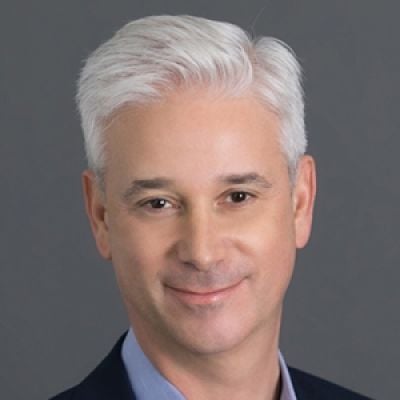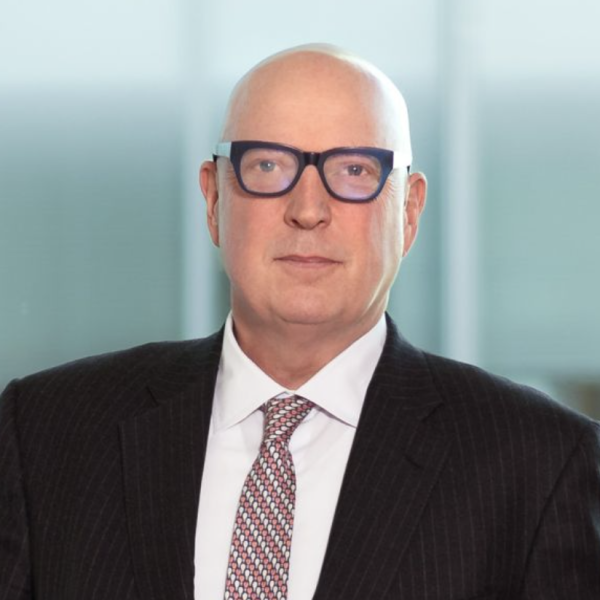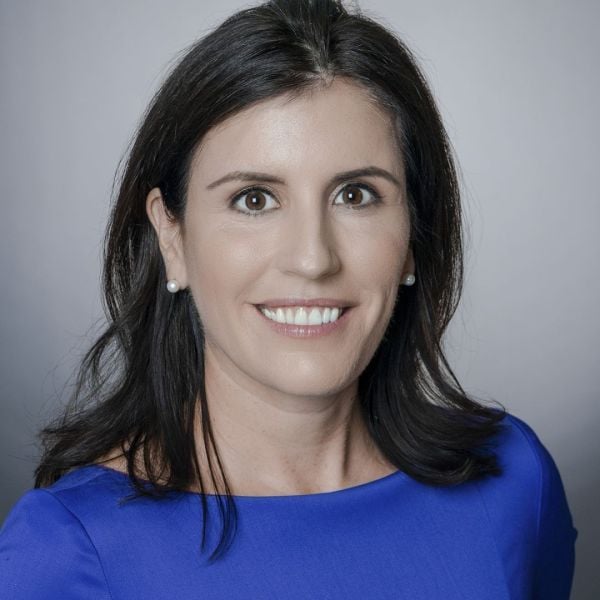
One of the fundamental roles of the American capital markets has been to connect investors with investment opportunities. Whether privately held or public with shares traded on exchanges, companies that successfully raise capital can use it to generate economic growth through innovation and job creation. However, many of the opportunities to invest in successful companies—especially those remaining privately held—have been limited to a relatively small universe of people who are considered qualified investors because of their wealth and liquidity. As a result, the exclusive nature of investments such as venture capital and private equity have been a pathway to create a meaningful wealth, but only for a few. Now is the time to reconsider how we might democratize investment opportunities by opening them to a broader segment of investors across the socioeconomic spectrum in a safe, well-informed manner. Thoughtful enhancements to capital formation can be a powerful means to promote economic growth and close the wealth gap in the United States by allowing for a broader population of participants.
The democratization of finance can be accomplished without a lot of new regulations. The framework already exists in the triple mandate of the SEC: to ensure safety and fairness in the functioning of markets, to govern capital formation as private and public companies seek to raise money, and to protect investors. To expand market participation, all three of these goals must work in concert.
The SEC has already taken steps to support a healthy investing ecosystem with pragmatic changes that foster the growth of small businesses, while also expanding opportunities for investors to participate in wealth creation and ensuring investor protection. For example, in 2020 it refined its “accredited investor” definition to identify the investment sophistication of both individuals and institutions more effectively by including knowledge and expertise as an alternative measure. In addition, the SEC modernized, streamlined, and clarified the framework for small businesses raising capital, including crowdfunding or other exempt offerings. These changes were aimed at making the capital formation process more robust, especially for smaller private companies needing to reach a wider network of potential investors. This form of inclusive capitalism increases access for individuals to build wealth potentially over time—for themselves and future generations.
Now is the time to democratize investment opportunities by opening them to a broader segment of investors.
Investing in earlier-stage private and public companies, however, comes with increased risk for individuals. In fact, the rules around limiting riskier early-stage investments to accredited investors were rightly designed to protect individuals from the loss of principal. However, those rules have also contributed to wealth disparity. As such, it is critical that regulators and financial intermediaries consider alternative ways to help investors assume risk commensurate with their loss tolerance. Such steps might include providing investors with robust financial information and disclosures to make well-informed decisions, as well as coupling investor education and increased financial literacy with adequate testing of individual investors to assess proficiency and understanding of the risks prior to investing. These tests could be similar to standard industry requirements for individuals to become registered representatives.
Once individuals have passed a baseline parameter, they could become eligible to access investment opportunities traditionally afforded to accredited investors, including private equity and venture capital. Further extending education and testing requirements to individuals who trade public securities today through online venues that do not have investor suitability requirements could be very valuable for their financial well-being, as well.
Just as the do-it-yourself home improvement industry has been transformed by consumers who educated themselves with classes, YouTube videos, and advice from experts, democratizing finance could follow the same basic path of requiring investors to spend the time, energy, and attention needed to become more knowledgeable and proficient in investing before putting their hard-earned money on the line.
Of course, increased disclosure and investor education/certification does not mean that people won’t lose money. It is impossible to educate, regulate, or legislate away all the risks involved with investing in companies. But we should find a way to open the door wider to allow more individual investors to access the means of expand ing their opportunities to create wealth while providing companies the necessary capital to grow. Education, knowledge, and information can become enablers for closing the wealth gap in a fairer, safer, and more transparent manner as more people are included in our capital markets.















